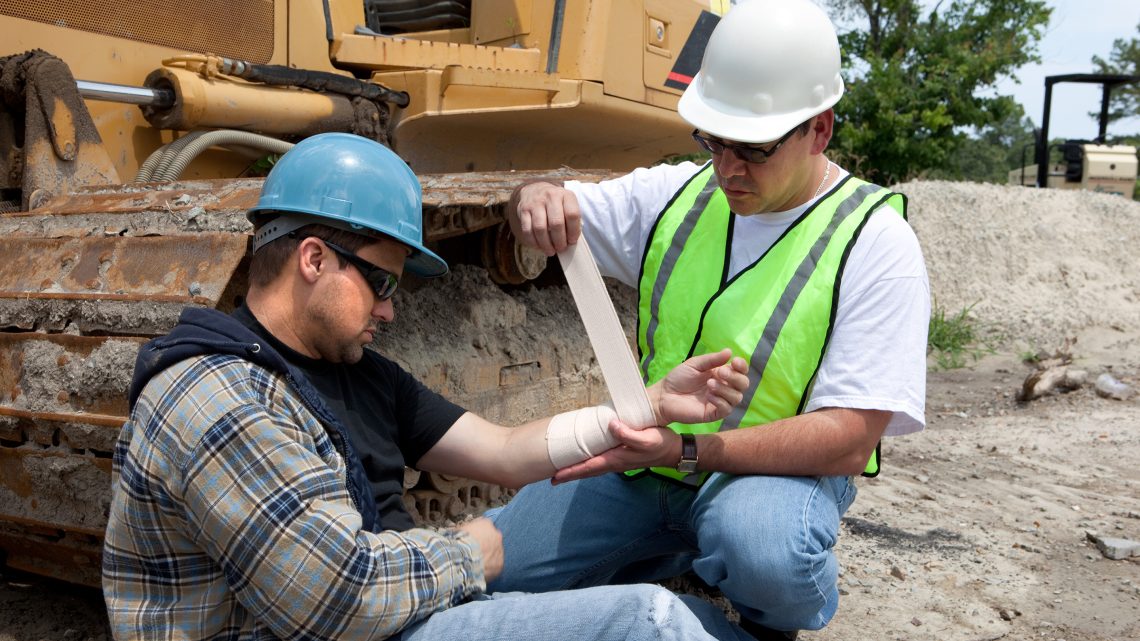Typically, estate plans are set up later in life. If you’re working in a high-risk occupation, delaying your estate planning might not be the best idea for you. If you’re a victim of unexpected workplace death, not having the proper documents and beneficiaries in place leaves your assets at the expense of your state’s intestacy law. This leaves your family subject to a probate process that might not result in the way you would have intended if you were to set up an estate plan yourself.
Below, we discuss the most deadly occupations. If you work in any of these industries, an early estate plan might be a good fit for you. In many cases, estate planning attorneys can help support that process. Reaching out to an attorney in your area is always an option, and often comes with a free consultation.
Logging Workers
According to Industrial Safety & Hygiene News (ISHN), those working in the logging industry are particularly at risk for fatal accidents. The fatal injury rate for loggers is 111 to every 100,000 workers, and understandably so, as loggers work closely with heavy machinery, heavy falling timber, and are constantly subjected to the elements. Unfortunately, most fatalities in this field are typically caused by either the machinery used or heavy logs.
First Responders
Being the first on the scene of an accident or tragic event drastically increases an individual’s risk of being harmed. Whether they are firefighters, police officers, EMTs, or any other form of first responders, these individuals are the people we trust to handle the initial shock and management of any catastrophe. They risk their own lives for the public’s safety, and unfortunately, some pay the ultimate price for doing so.
Construction Workers
The construction industry is notoriously dangerous. The job comes with a lot of heavy machinery, dealing with old building materials, demolition projects, and dangerous particles in the air. The potential for injury is almost inevitable, and fatalities are unfortunately more common than people inside and outside the industry even realize. According to OSHA, more than 100 deaths a week, approximately 15 a day, occur in the construction industry. The industry is thankfully showing improvement, as about 38 worker deaths occurred every day in the 1970’s, but there is still too high a margin of fatal errors on the job. Because of this, the necessity of estate planning remains.
Delivery Drivers
It’s no secret that getting behind the wheel of a vehicle is usually the most dangerous thing we do each day, and most people don’t even realize it. So when your profession, such as a delivery driver, is to be on the road, your chances of being involved in a potentially fatal accident increase significantly. Commercial truck drivers, mail/package drivers, and other delivery service drivers spend hours each day on the road, at the mercy of the elements and other drivers. Furthermore, as explained by the personal injury lawyers at Shaw Cowart LLP, because delivery drivers have larger, more powerful vehicles, it’s no surprise that vehicle accidents are the primary cause of death among these workers.
Agricultural Workers
While most people might think of a cut-and-paste farmer in the agricultural industry, as it turns out, the business is far larger and more complex than that. The blanket of the agricultural industry covers countless dangerous professions, all of which ensure that products for the public’s consumption make it to our grocery stores and tables. Whether it’s working closely with live animals, handling heavy machinery, or working on a production line, you’ll find workers in this field regularly threatening their own well-being to ensure that their job is done.
How Do I Get Started on an Estate Plan?
Estate plans, for many people, are daunting. What’s helpful is that there are many professionals available to help you through the process, and online resources that can assist you along the way. In general, this is the estate planning process:
- Make a will.
- Set up a trust (this allows your beneficiaries to dodge the probate court process).
- Indicate your healthcare wishes (useful if medical decisions can’t be made on your own).
- Assign a trusted person to manage your money and property.
- File beneficiary forms.
- Cover funeral expenses (you have the option to set up a payable-upon-death plan).
- Finalize your end-of-life plan (burial, cremation, donation, etc).
- Store your documents.





No Comment